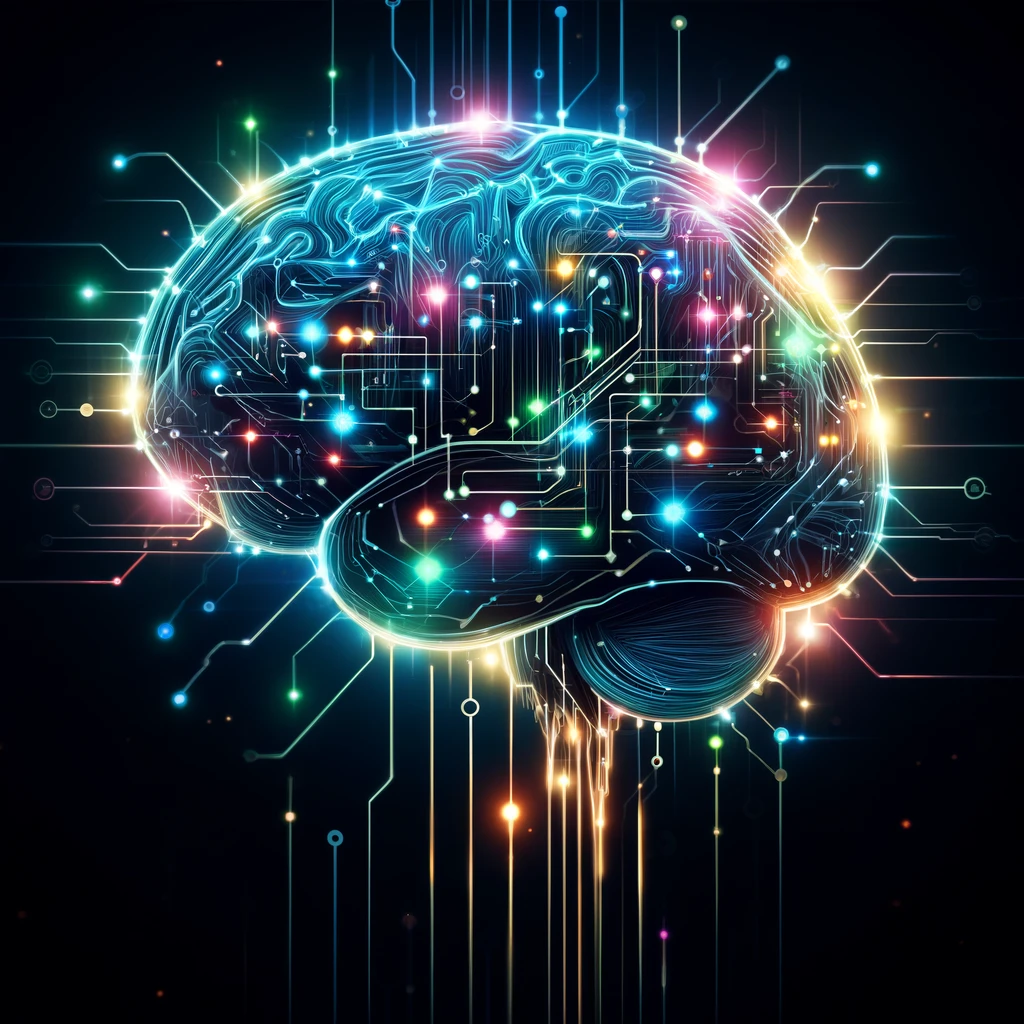OpenAI’s Ambitious Endeavor
OpenAI, a leading AI research organization, has recently disbanded a dedicated team that was created to oversee and control the development of superintelligent AI. This significant decision, reported by TechCrunch, has raised questions and concerns within the AI community and beyond. The team, initially formed to mitigate the risks associated with superintelligent AI, was disbanded without much public explanation, according to an anonymous source within the company.
The Creation and Disbandment of the Team
The team was established to address the potential threats posed by AI systems surpassing human intelligence, a concept known as “superintelligent AI.” These AI systems, theoretically, could outperform humans in virtually every cognitive task, leading to unprecedented challenges in ensuring they operate safely and align with human values.
Despite the importance of this mission, the team was gradually scaled down and eventually dissolved. The reasons behind this decision remain unclear, but the anonymous source suggested that internal disagreements and shifting priorities within OpenAI played a role. This disbandment has sparked a debate about the company’s commitment to AI safety and the broader implications for the tech industry.
Context and Background
OpenAI has been at the forefront of AI research, producing groundbreaking models such as GPT-3 and GPT-4. Their work has significantly advanced the capabilities of natural language processing and other AI fields. However, with great power comes great responsibility. The creation of the superintelligent AI control team was a proactive measure to address the potential risks associated with these advancements.
Superintelligent AI represents a significant leap beyond current AI technologies. While today’s AI systems can perform specific tasks with remarkable efficiency, superintelligent AI would possess generalized intelligence far exceeding human capabilities. This raises critical safety and ethical concerns, as uncontrolled superintelligent AI could lead to unintended and potentially catastrophic consequences.
The dissolution of the control team could indicate a shift in OpenAI’s strategic focus. The organization has faced pressures to balance rapid innovation with safety measures, and this recent development may reflect changing priorities or resource allocations within the company.
Implications and Perspectives
From my point of view, the disbandment of OpenAI’s superintelligent AI control team is a concerning development. Ensuring the safe development and deployment of AI systems should be a top priority, given the profound impact these technologies can have on society. Here are some potential pros and cons of this decision:
Pros:
- Resource Reallocation: OpenAI might redirect resources to other critical areas of AI research, potentially accelerating progress in those fields.
- Focus on Current Technologies: The organization could concentrate more on refining existing AI models and addressing immediate concerns, rather than speculative future risks.
Cons:
- Increased Risks: Without a dedicated team to oversee superintelligent AI, the risks of developing unsafe or misaligned AI systems could rise significantly.
- Public Trust: The move may undermine public and stakeholder confidence in OpenAI’s commitment to AI safety and ethical considerations.
- Missed Opportunities: Disbanding the team might delay the development of crucial safety mechanisms that could prevent future AI-related crises.
As I see it, the tech industry must balance innovation with responsibility. While advancing AI capabilities is essential, ensuring these technologies are safe and aligned with human values is equally crucial. OpenAI’s decision highlights the complex challenges in managing the rapid evolution of AI.
In conclusion, the disbandment of OpenAI’s superintelligent AI control team is a pivotal moment in the AI landscape. It underscores the need for robust safety measures and transparent decision-making processes in AI research and development. Moving forward, it will be vital for OpenAI and other organizations to prioritize the ethical implications of their work, ensuring that the benefits of AI advancements are realized without compromising safety and societal well-being.






